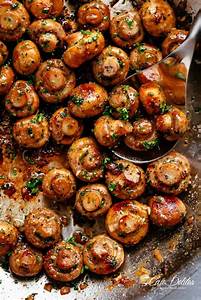Importance of well balance diet
All food contains all of the nutrients we need to be healthy, it is necessary to eat various foods in sufficient amounts. A good diet will include many different foods, and sufficient in quantity and quality to meet an individual’s need for food energy and other micro nutrients.
PERSIMMONS
Typical serving size:
1 medium persimmon (6 oz or 168 g)HOW THEY HARM
WHAT THEY HEAL
Cancer Immunity Blood pressure Digestion Weight gain The persimmon is an exotic fruit with yellow-orange skin, which is at its sweetest when very ripeThere are two major varieties of persimmon in North America
One is the sweet, tomato-shaped Fuyu; the other is the juicier, crispier, acorn-shaped Hachiya
Fuyus, or nonastringent persimmons, are eaten when hard, as you would an apple
They’re crisp, sweet, and crunchy, and you can eat both the skin and the flesh
The Hachiya persimmon has an almost jelly like-texture, with flesh that tastes like honey and vanilla
However, unripe they are bitter
The trick is to let the persimmon ripen way beyond what you would normally expect
It must be soft, squishy, and almost bursting out of its skin with ripeness
When ready to eat or to use in cooking, cut off the top, scoop out the pulp, and discard the seeds
Health Benefits
May reduce cancer riskPersimmons are high in vitamin A, which regulates cell functions, boosts your immune system, and may reduce your risk of cancer
Boosts immune system
A powerful antioxidant, the vitamin C in persimmons helps fight off harmful free radicals, boosts your immune system, and protects against infection
Lowers blood pressure
Persimmons are a good source of potassium, which can improve blood pressure by offsetting some of the harmful effects of sodium
Potassium may also lower your risk of recurring kidney stones and osteoporosis
50% of your Daily Recommended amount of Vitamin A is in a single, medium-size persimmon
Aids in digestion and weight loss
Like other fruits, persimmons are a good source of dietary fiber
The fiber in them can help improve digestion, prevent constipation, and make you feel fuller faster, which can help you lose weight or maintain a healthy weight
Health Risks
Digestive troubleA perfectly ripe persimmon can be delectable, but as with any fruit, eating too many of them in one sitting could prove to be too much of a good thing and you could end up with gas, bloating, cramps, or diarrhea
Allergies
Buying Tip
s
Storing Tips
Put an apple in the bag with the persimmon to speed up the ripening process




